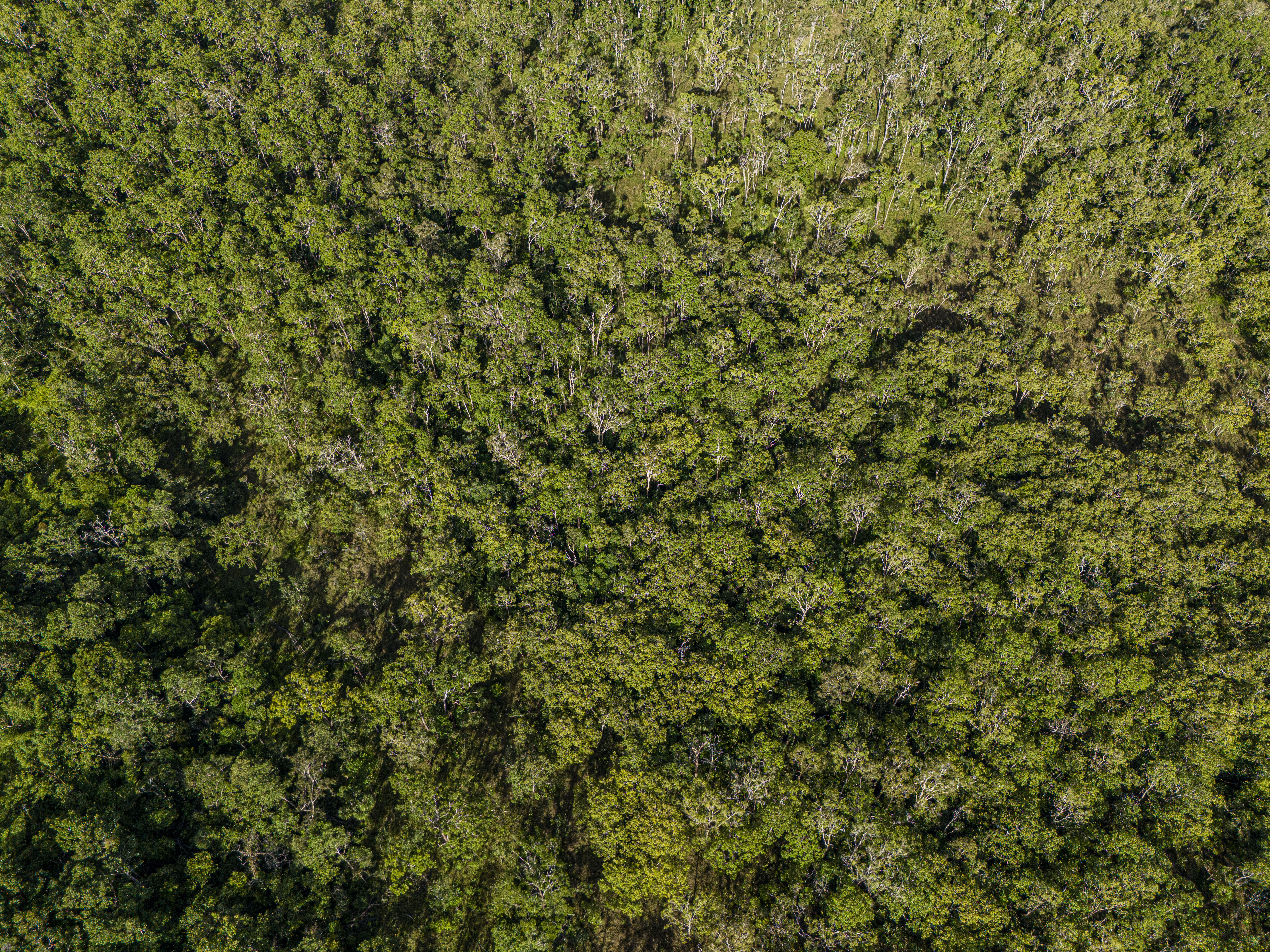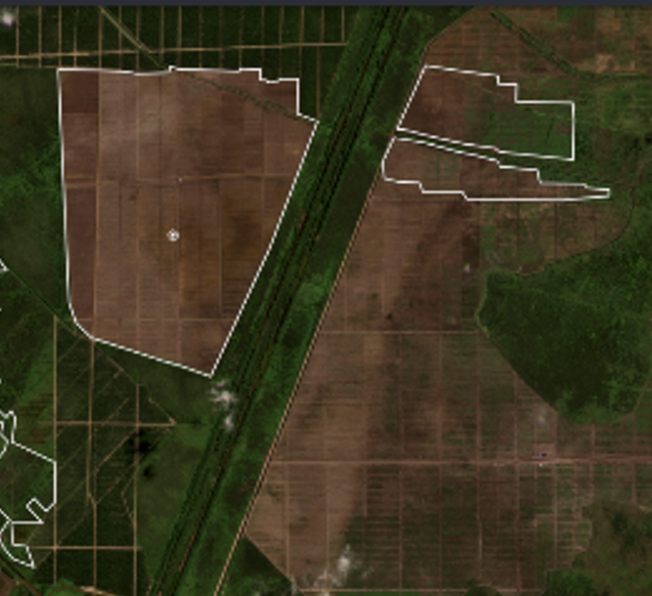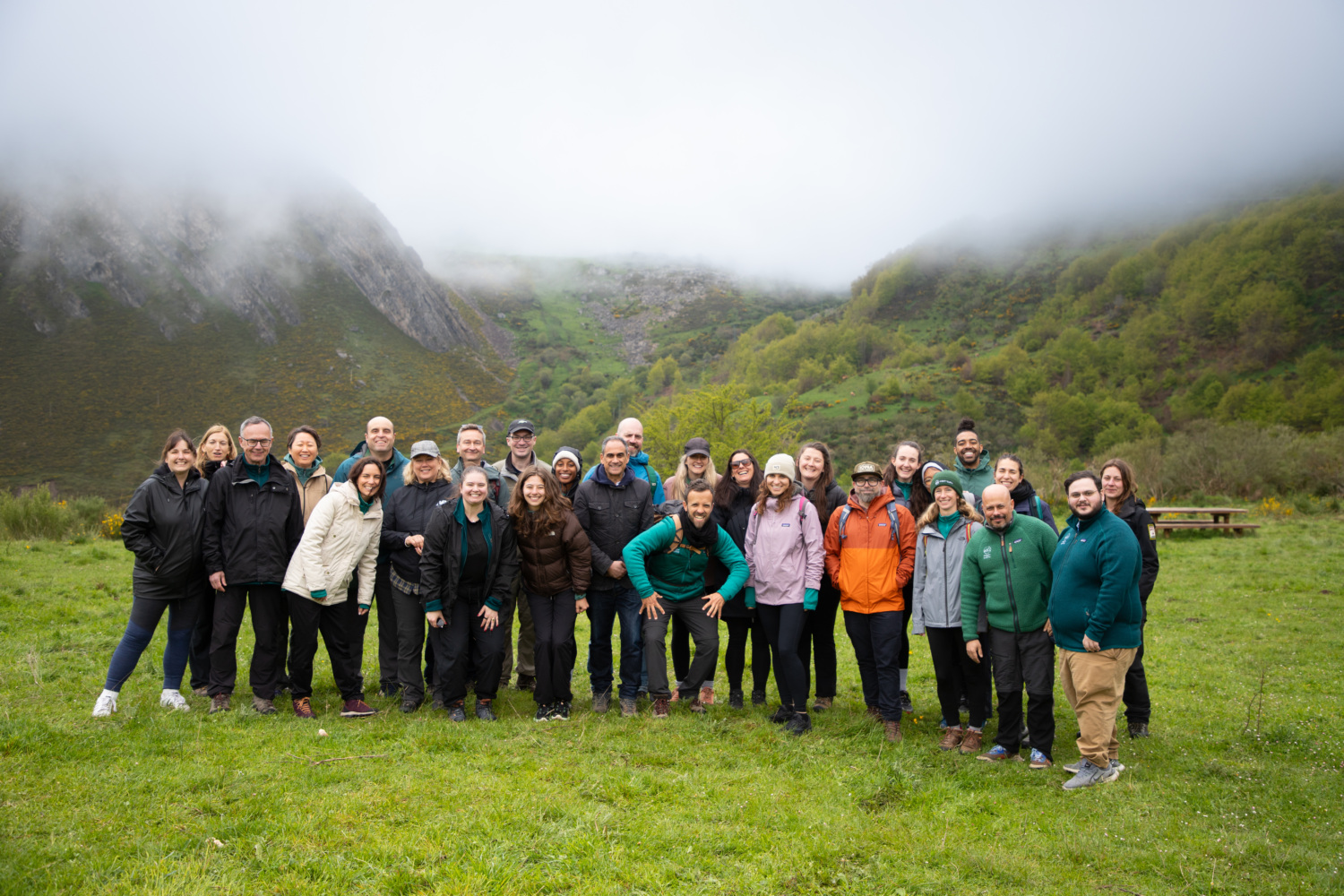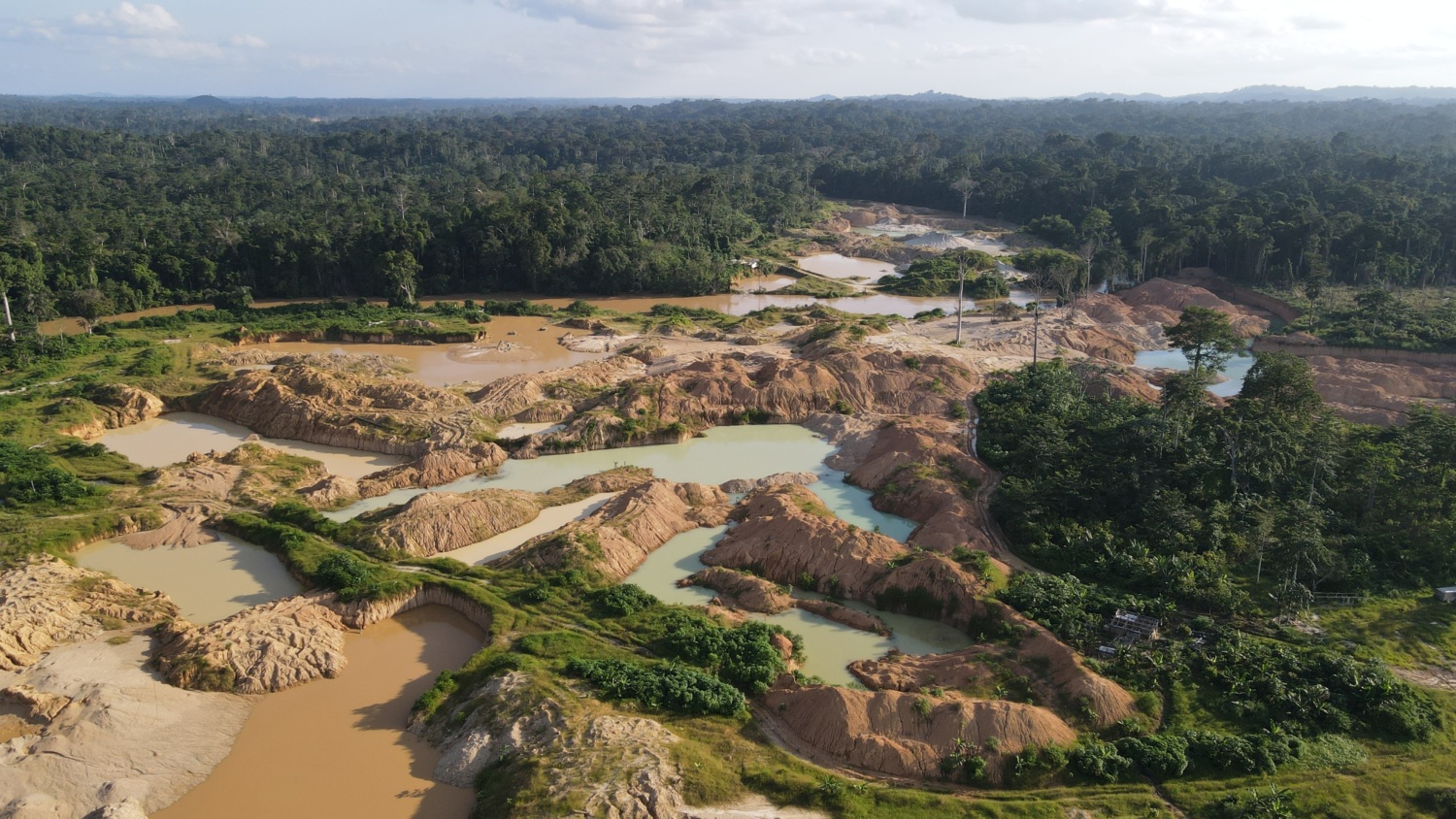
Time to Remind EU Politicians: We Love Forests!
By Julian Oram, Policy Director at Mighty Earth
People in Europe love forests. They form the backdrop for many of the classic tales on which generations of children have been raised: from Winnie the Pooh and the Jungle Book to Shrek and (one of my personal favourites) Where the Wild Things Are. In our adult lives, they are places where we go to restore our batteries, switch off from the modern world, and re-connect with Nature. They are where we take our families, where we go camping, wild foraging, birdwatching, picnicking, hiking, cycling, and multiple other activities that we find enjoyable and enriching.
But of course, forests are much more than this. They are interconnected networks of trees, fungi, flora and fauna that together conjure an almost magical web of life, both above and below the soil, creating some of the most complex and biodiversity-rich habitats on our planet.
In Europe, these biomes are home to numerous iconic species: deer, wolves, bears, lynx, badgers, foxes, wild boar, owls, red squirrels, eagles, reindeer, etc. These animals frequently feature in our children’s stories, as well as in older legends and myths, and sit prominently within the cultural symbolism of our societies, such as in place names, on flags and local insignia, and even sports team logos.
Taking a more global view, forests are also places where millions of Indigenous People live. For these communities, forests are not just a source of food, water, and livelihoods, but also their medicine cabinets, their spiritual sites, burial grounds, schools, and celebration venues. They are at the core of their cultural identity.
Forest biomes, particularly those in tropical regions, have also given rise to many of world’s most striking and wondrous species of trees, plants, flowers, birds, mammals, amphibians, reptiles, and insects. Crucially they, also help to stabilise the Earth’s climate, regulate local weather patterns, moderate flooding and droughts, and prevent soil degradation.
But these wondrous ecosystems, home to so many people, iconic species, and treasured cultural associations, are disappearing at an alarming rate. Recent data, published by Global Forest Watch, shows that global deforestation shot to record highs in 2024, with agriculture and fires (many of which are human-induced and used to clear land for farming) the primary culprits.
Although some land clearance is done by local farmers cultivating crops for household or local market consumption, the expansion of agricultural commodities such as cattle (for beef), cocoa, coffee, palm oil, rubber, and soy, which are destined for international markets such as the EU, is a major driver of this devastation. Cutting off the demand for products linked to deforestation is an essential part of the solution.
This is why, in 2020, Mighty Earth united with numerous other organisations under the #Together4Forests banner to call on the European Union, the world’s second largest consumer of agricultural commodities, to enact legislation to break the link between Europe’s consumer habits and global forest destruction.
To their credit, the EU institutions listened, and in June 2023 signed into law what is arguably one of the most groundbreaking pieces of legislation ever created to protect Nature. This law, the EU Regulation on Deforestation-free Products (more widely known as the EU Deforestation Regulation, or EUDR), was proposed by the European Commission, supported by MEPs, and approved by Member States. In April 2023, one of the MEPs central to its passage into law, Christophe Hansen from the centre-right European Peoples Party (EPP) group, celebrated it as a key step in the fight against climate change, going on to say: “I am relieved that European consumers can now rest assured that they will no longer be unwittingly complicit in deforestation when they eat their bar of chocolate or enjoy a well-deserved coffee”.
Unfortunately, though, EU consumers can no longer rest assured of this, because since a new Parliament was elected in June of 2024, many from the EPP – including Hansen himself – as well as from parties further to the right have been conspiring to undermine the EUDR even before it has been enforced! Following a sustained chorus of complaints in 2024 from cynical EU politicians, some producer countries, and a cabal of regressive industry actors, the EUDR was subjected to a one-year delay in its implementation.
Although it wastes valuable time, this delay did at least allow twelve more months for companies and governments to prepare for the law. As I write now, most companies buying and selling agricultural and forest commodities covered by the EUDR in Europe have their product traceability and due diligence systems in place, while countries and producers groups around the world have also put substantial efforts into farm level mapping and establishing the legality of product supply chains.
But despite the massive levels of investment that companies, governments and farmers have made to meet the requirements of the law, the EUDR still has a vocal minority determined to destroy it. And recent manoeuvrings from some of the same political actors who forced the delay have started to again test the Commission’s resolve to stay the course. These voices cannot be allowed to prevail. Latest calculations suggest that, once implemented, EUDR could help to save 8 million hectares of forest from destruction over the next ten years, an area the size of Austria, while preventing 2.7 tonnes of net CO2 emissions.
That’s why Mighty Earth, along with our allies and partners, are once again uniting #Together4Forests and letting political leaders know: We Love Forests! This is a message we want all EU politicians to hear loud and clear – and not just from us, but from the millions of citizens across Europe who want and expect their governments, and the EU as a whole, to honour their commitments on Nature and climate protection. Not just because forests are important in their own right, but also because what they represent is so deeply important to us, and because we need to defend them on behalf of past, present, and future generations.


